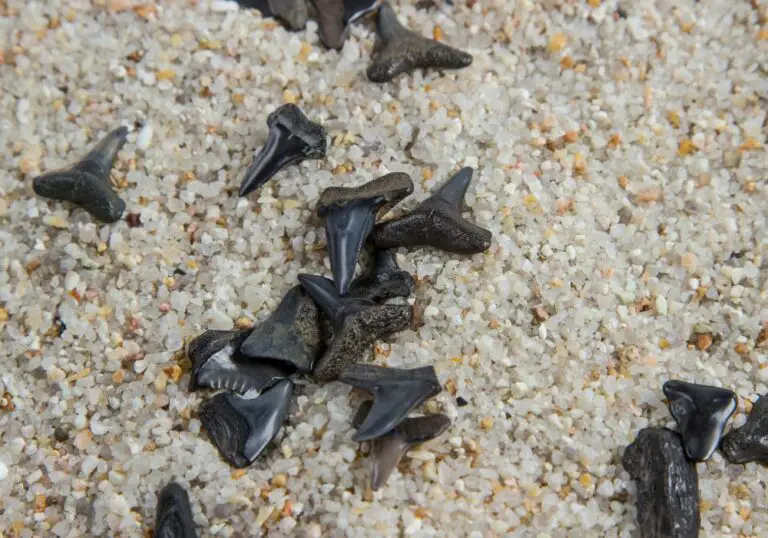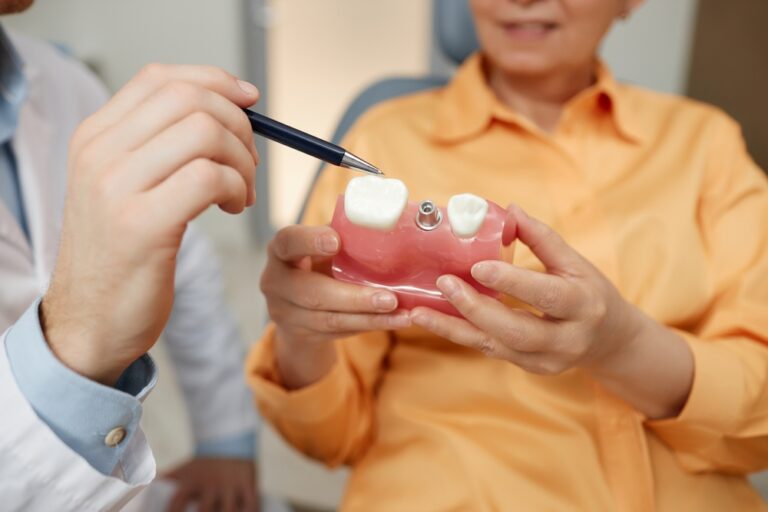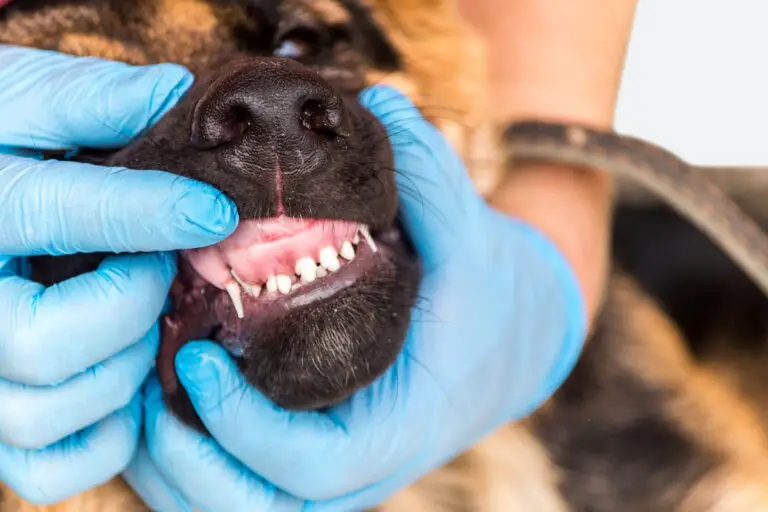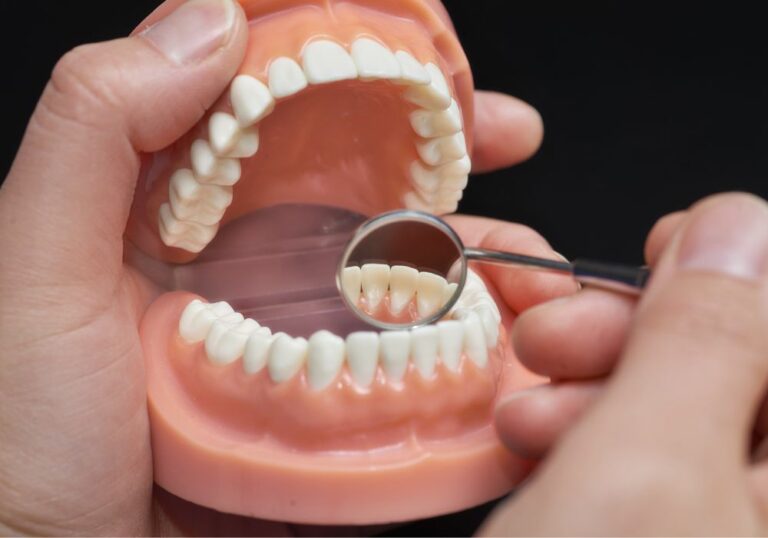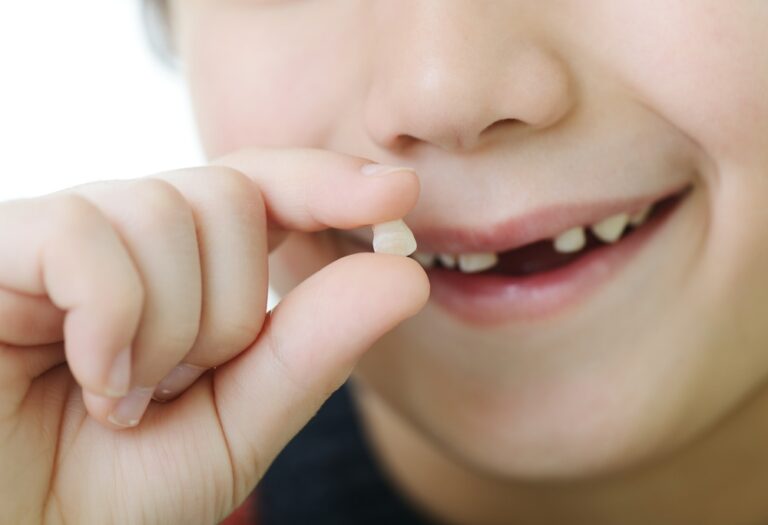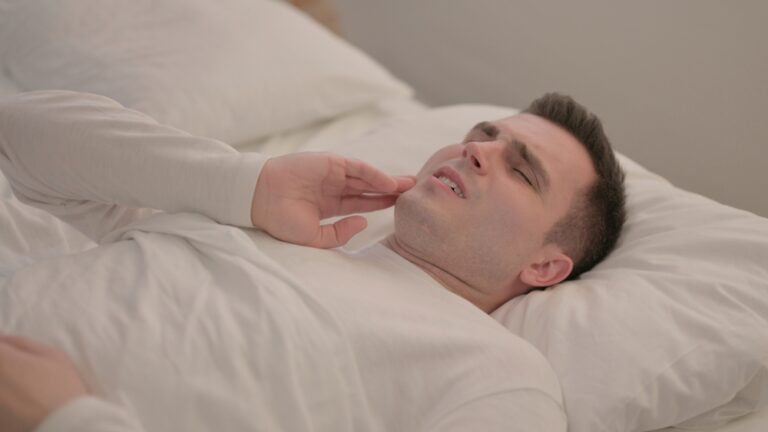If you’ve recently had your wisdom teeth removed, you’re probably wondering when you can start chewing again. Chewing can be painful and cause discomfort during the recovery period, so it’s important to know when it’s safe to start. The answer to this question can vary depending on a few factors, including the type of surgery you had and how well you’re healing.
In general, it’s best to wait at least a few days before attempting to chew solid foods. Your dentist or oral surgeon will likely provide you with specific instructions on when you can resume normal eating habits. It’s important to follow these instructions closely to ensure proper healing and avoid any complications. In the meantime, stick to soft foods and liquids that won’t irritate your healing gums.
Understanding Wisdom Teeth Removal
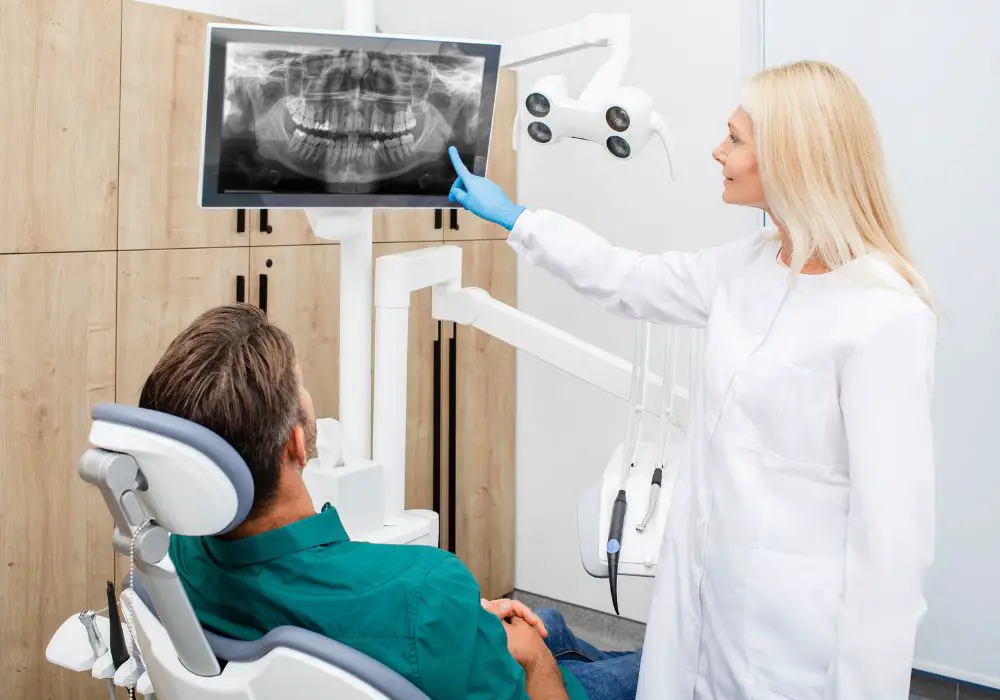
If you’re experiencing pain or discomfort in your mouth, your dentist may recommend that you have your wisdom teeth removed. While this procedure is common, it’s important to understand why it’s necessary and what to expect during and after the removal process.
Why Wisdom Teeth Are Removed
Wisdom teeth, also known as third molars, are the last teeth to develop in your mouth. They typically emerge between the ages of 17 and 25, but not everyone develops them. In some cases, wisdom teeth don’t cause any problems and can be left in place. However, in many cases, they can cause a range of issues, including:
- Crowding: Wisdom teeth can push against other teeth, causing them to shift out of alignment.
- Impaction: If there isn’t enough room in your mouth for your wisdom teeth to emerge fully, they may become impacted (stuck in the jawbone).
- Infection: Partially erupted wisdom teeth can trap food and bacteria, leading to infection and swelling.
- Decay: Wisdom teeth are difficult to clean, which can make them more prone to decay.
To prevent these and other issues, your dentist may recommend that you have your wisdom teeth removed.
The Removal Process
Wisdom teeth removal is typically performed by an oral surgeon or a dentist with specialized training. The procedure is usually done on an outpatient basis, meaning you’ll go home the same day.
Before the procedure, you’ll receive anesthesia to numb your mouth and help you relax. Depending on the complexity of the extraction, you may receive local anesthesia (which numbs only the extraction site), sedation anesthesia (which makes you drowsy but still conscious), or general anesthesia (which puts you to sleep).
During the procedure, the oral surgeon or dentist will make an incision in your gum tissue and remove any bone that’s blocking access to the tooth. They’ll then separate the tooth from the ligament that holds it in place and remove it from your mouth. If necessary, they may stitch the incision closed.
After the procedure, you’ll need to rest for a few hours to allow the anesthesia to wear off. You’ll also need to avoid certain activities, such as smoking and drinking through a straw, for a few days to prevent complications. Your dentist will provide you with detailed aftercare instructions, including when you can start chewing normally again.
Post-Surgery Care
Immediate Aftercare
After your wisdom teeth removal surgery, it is important to take proper care of your mouth to ensure a smooth and speedy recovery. Immediately after the surgery, your dentist will give you gauze pads to bite down on to help stop the bleeding. You should keep the gauze in place for at least 30 minutes before changing it. If bleeding persists, replace the gauze and bite down firmly for another 30 minutes.
It is normal to experience some pain and swelling after the surgery. To alleviate the pain, your dentist may prescribe pain medication or recommend over-the-counter painkillers. Applying an ice pack to your cheek for 20 minutes on and 20 minutes off for the first 24-48 hours can also help reduce swelling.
It is important to avoid smoking, using a straw, or spitting for at least 24 hours after surgery, as these actions can cause the blood clot to dislodge and delay healing. You should also avoid hot and spicy foods, as well as crunchy or hard foods, for the first few days after surgery. Instead, stick to soft foods like mashed potatoes, soup, and smoothies.
Long-Term Healing
The healing process after wisdom teeth removal can take up to two weeks, so it is important to continue taking proper care of your mouth during this time. Be sure to brush your teeth gently, avoiding the surgical site, and rinse your mouth with warm salt water several times a day to help keep the area clean and promote healing.
You should continue to avoid crunchy or hard foods, as well as hot and spicy foods, until the surgical site has fully healed. If you experience any pain or swelling after the first few days, contact your dentist to ensure that there are no complications.
In addition to taking care of your mouth, it is important to take care of your body during the healing process. Get plenty of rest and avoid strenuous physical activity for the first few days after surgery. Be sure to stay hydrated by drinking plenty of water and avoid alcohol and caffeine, as these can interfere with the healing process.
By following these post-surgery care instructions, you can ensure a smooth and speedy recovery after your wisdom teeth removal surgery.
When to Start Chewing

After wisdom teeth removal, one of the most common questions is when you can start chewing again. The answer is not straightforward as it depends on how quickly you heal and how comfortable you feel. However, there are some general guidelines that you can follow.
Initial Days
In the first few days after wisdom teeth removal, you should avoid chewing altogether. Your mouth will be sore, swollen, and sensitive, and chewing can cause pain and delay the healing process. Instead, you should stick to a liquid or soft food diet, such as soup, smoothies, yogurt, and mashed potatoes. These foods are easy to swallow, won’t irritate the extraction site, and provide the necessary nutrients for healing.
During this time, it’s essential to keep your mouth clean and follow your dentist’s instructions on how to care for the extraction site. You may need to rinse your mouth with saltwater or use a special mouthwash to prevent infection and promote healing.
Gradual Introduction of Solid Foods
After a few days, you can gradually start introducing solid foods back into your diet. However, you should still avoid hard, crunchy, or sticky foods that can get stuck in the extraction site or require excessive chewing. Instead, choose soft and easy-to-chew foods like scrambled eggs, pasta, cooked vegetables, and soft fruits.
As you feel more comfortable, you can slowly increase the texture and variety of your foods. You can start chewing on the opposite side of the extraction site and gradually move to the affected area. However, if you experience any pain or discomfort, stop immediately and go back to softer foods.
In general, it may take up to two weeks to fully recover from wisdom teeth removal and resume your normal diet and chewing habits. However, every person is different, and you should listen to your body and follow your dentist’s advice for a safe and speedy recovery.
Potential Complications
After wisdom teeth removal, there is a risk of developing complications. While most people recover without any issues, it is important to be aware of the potential complications and how to prevent them.
Dry Socket
Dry socket is a common complication that can occur after wisdom teeth removal. It happens when the blood clot that forms in the socket where the tooth was removed becomes dislodged or dissolves before the socket has a chance to heal. This can expose the bone and nerves, causing severe pain.
To prevent dry socket, you should avoid smoking, using a straw, or spitting for at least 24 hours after the surgery. You should also avoid eating hard or crunchy foods and stick to a soft food diet for the first few days after the surgery.
If you develop dry socket, your dentist can provide you with medication to manage the pain. You may also need to have the socket cleaned and packed with a medicated dressing to promote healing.
Infection
Infection is another potential complication after wisdom teeth removal. It can happen if bacteria enter the socket where the tooth was removed and cause an infection. Symptoms of infection include fever, swelling, pain, and pus or discharge from the socket.
To prevent infection, you should follow your dentist’s instructions for aftercare. This may include rinsing your mouth with saltwater, taking antibiotics, and avoiding certain foods and activities.
If you develop an infection, your dentist may need to clean the socket and prescribe antibiotics to clear the infection. In severe cases, you may need to have the socket drained or undergo additional surgery.
It is important to contact your dentist if you experience any signs of complications after wisdom teeth removal. With proper care and attention, most complications can be managed and treated effectively.
Tips for a Smooth Recovery
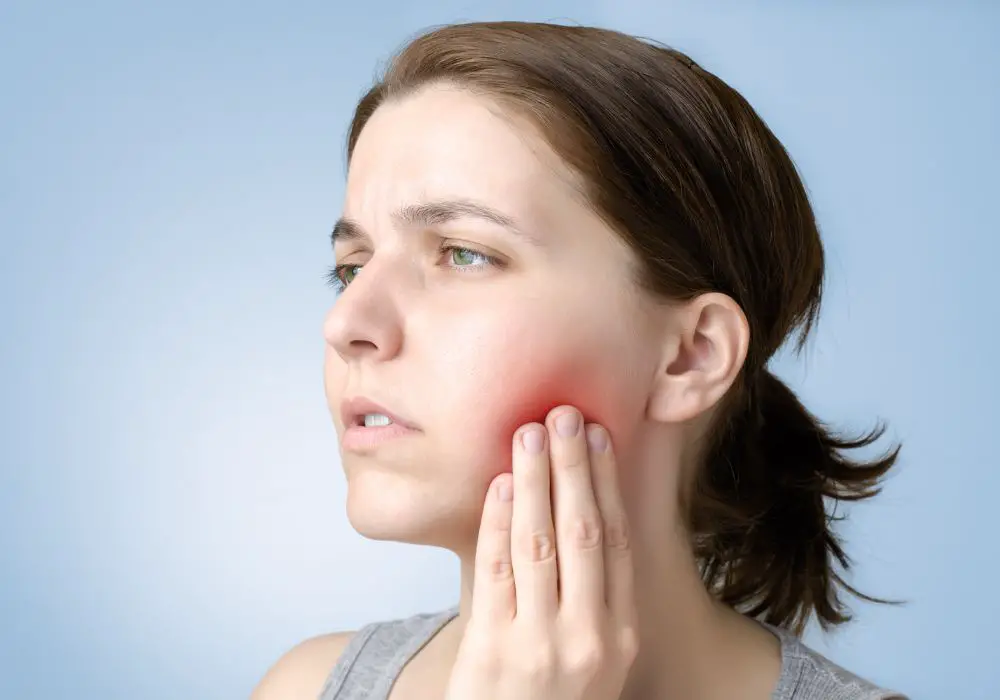
After wisdom teeth removal surgery, it’s important to take good care of yourself to ensure a smooth and speedy recovery. Here are some tips to help you get through the recovery process with ease.
Hydration
Staying hydrated is crucial for a smooth recovery. Drinking plenty of water will help your body flush out toxins and reduce inflammation. It’s also important to avoid alcohol and caffeine, as they can dehydrate you and make your recovery more difficult. Instead, opt for water, herbal tea, and electrolyte-rich drinks like coconut water.
Rest
Rest is essential for a speedy recovery after wisdom teeth removal. Make sure to get plenty of sleep and avoid strenuous activity for at least a few days after your surgery. You may also want to take a few days off work or school to give yourself time to rest and recover.
Pain Management
Pain is a normal part of the recovery process, but there are things you can do to manage it. Your dentist will likely prescribe pain medication to help you manage the discomfort. You may also want to use ice packs to reduce swelling and numb the area. Be sure to follow your dentist’s instructions carefully and never exceed the recommended dosage of pain medication.
By following these tips, you can help ensure a smooth and speedy recovery after wisdom teeth removal surgery. Remember to take it easy, stay hydrated, and manage your pain carefully. With a little patience and self-care, you’ll be feeling back to normal in no time.
Frequently Asked Questions
What can I eat 2 weeks after wisdom teeth removal?
After two weeks, you should be able to eat a wider variety of foods, including soft meats, cooked vegetables, and pasta. However, you should still avoid hard, crunchy, or sticky foods, as well as anything that requires a lot of chewing. It’s important to continue to eat soft foods and chew carefully to avoid damaging the healing tissue.
How long after wisdom teeth removal can I use a straw?
You should avoid using a straw for at least the first 24 hours after your wisdom teeth removal. After that, you can use a straw, but be careful not to create too much suction. Sucking through a straw can dislodge the blood clot that forms in the socket, which can lead to a painful condition called dry socket.
How long after wisdom teeth removal can I smoke?
You should avoid smoking for at least the first 24 hours after your wisdom teeth removal. Smoking can increase your risk of developing dry socket, which can be very painful. If you must smoke, wait at least 72 hours and try to avoid creating too much suction in your mouth.
When can I eat rice after wisdom teeth removal?
You can eat rice as soon as you feel comfortable doing so, usually a few days after your wisdom teeth removal. However, be sure to cook the rice until it is very soft and easy to chew. Avoid any rice dishes that contain hard or crunchy ingredients.
When can I eat chicken after wisdom teeth removal?
You can eat chicken as soon as you feel comfortable doing so, usually a few days after your wisdom teeth removal. However, be sure to cook the chicken until it is very soft and easy to chew. Avoid any chicken dishes that contain hard or crunchy ingredients.
When can I eat solid food after tooth extraction with stitches?
You should avoid solid foods for at least the first 24 hours after your tooth extraction. After that, you can start to eat soft foods, such as scrambled eggs, mashed potatoes, and soup. As your mouth heals, you can gradually start to introduce more solid foods, but be sure to chew carefully and avoid anything that is hard or crunchy.

